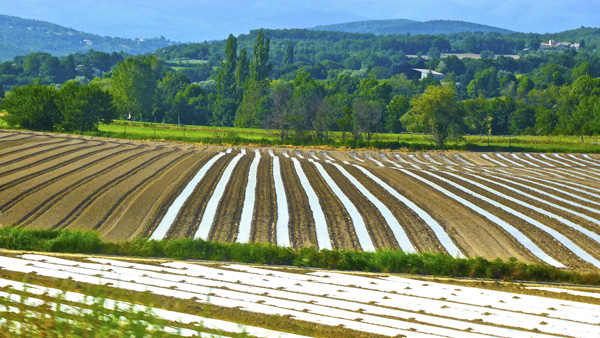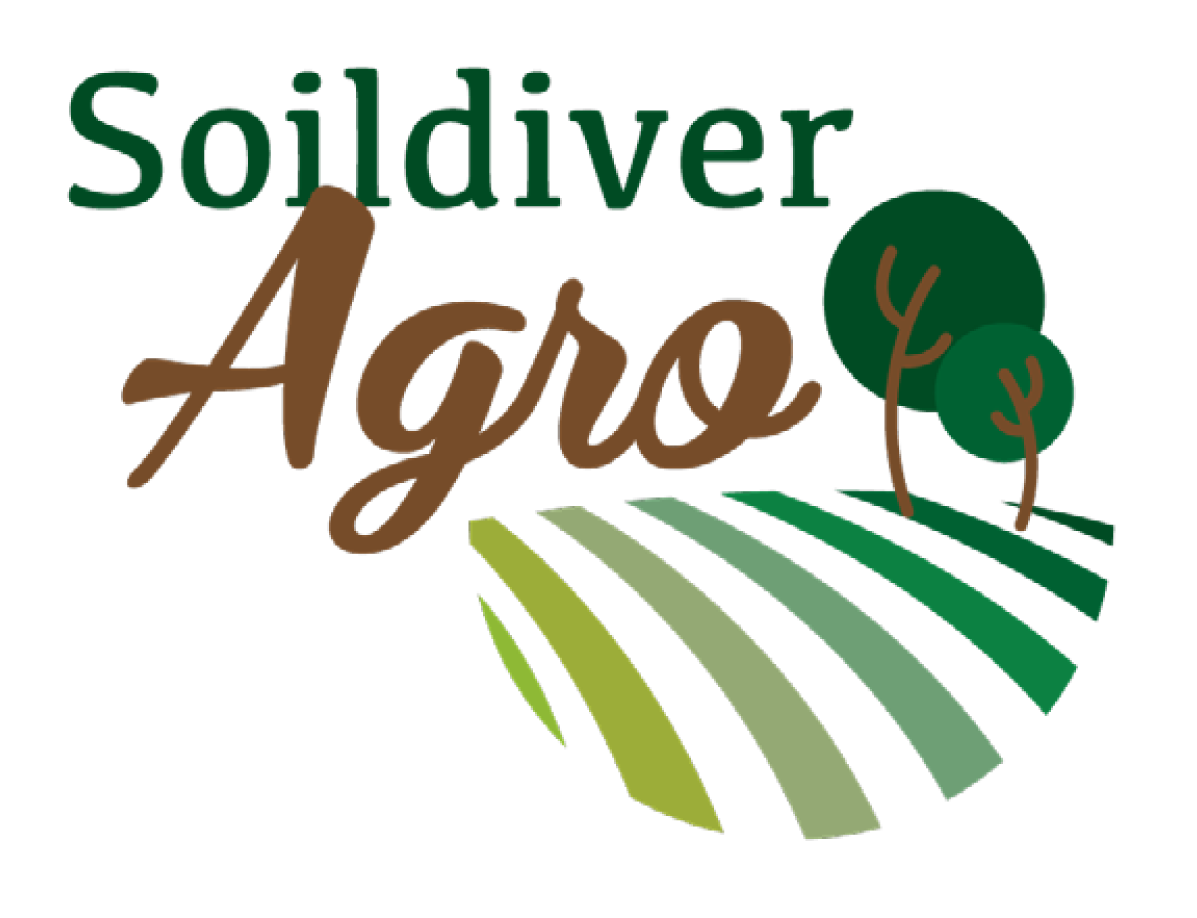Case Study 11
Plant diversity is tested to promote soil intrinsic self-regulating processes and to enhance fungivorous soil fauna communities in wheat-cropping systems. Continental (Germany)

Which problem will be solved
The cropping of wheat is very susceptible to soil-borne phytopathogenic fungi. Especially in regions of generally high yields due to very fertile soils (e.g. aeolian silt) with dense growing plants of cereals within the field, fungal diseases can spread easily, leading to a significant reduction of yield and nutritional quality.
State of the art
Usually a very high level of external inputs (mainly fungicides, additionally stalk-reducing substances) is used to reduce the incidence of fungal diseases. Increasing amounts of cereals within the crop rotation facilitate soil-borne phytopathogenic fungi to spread also in the following vegetation period, leading to even higher amounts of fungicides applied. The reduction of tillage in terms of preventing soil erosion and lowering farmers costs additionally promotes soil-borne phytopathogenic fungi.
The objective of this case study is to assess the potential of plant diversity in cropped wheat on the reduction of fungal diseases and strengthening soil intrinsic self-regulating processes. In this context we will investigate (i) wheat grown in extensive farming (reduced seeding rate, no pesticides) as well as (ii) the diversification of the extensive farming of wheat by adding undersown crops (including legumes). Both (i) and (ii) are supposed to increase associated plant diversity within the crop, (ii) also adding seeded plant diversity. Both (i) and (ii) are compared to conventionally cropped wheat at the same site.
Proposed management practices
We will identify suitable adjustments of wheat crop rotations that help farmers reducing fungal diseases without a further increase of external inputs. The proposed adjustments will be fitted in dialogue with the farmers both to conventional and organic farming.
Progress with the case study in relation with the state of the art
The promotion of soil intrinsic self-regulating processes and the enhancement of fungivorous soil fauna communities in wheat-cropping systems will help to (i) reduce the amounts of external inputs, mainly fungicides, (ii) enhance the fertility of soil, (iii) improve product quality and (iv) reduce farmers costs and make the grown cereals economically more competitive.

